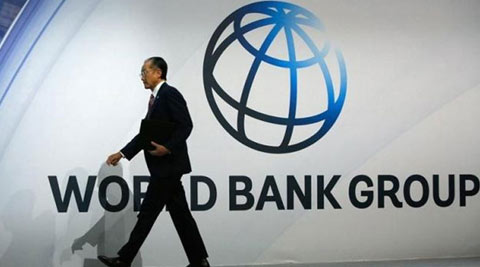
The World Bank’s latest “Doing Business” report ranks India 130 out of 189 countries. This is a welcome improvement over the country’s adjusted 2015 rank of 134. (According to the methodology used in last year’s report, India was then ranked 142 in the ease of doing business.) One of the main reasons for the improvement was the current government amending the Companies Act in May to do away with the Rs 1,00,000 deposit requirement for entrepreneurs to start a limited liability company, and the separate certificate to commence commercial operations. This reform alone resulted in India jumping nine places to 155 in “starting a business”, one of the 10 areas of regulation based on which ranks are assigned. The other major reason was that India jumped a whopping 29 rungs in “getting electricity”, thanks to changes made by the Delhi and Mumbai electricity utilities — only these two cities are considered to calculate India’s rank — that made getting a connection easier. This fact foregrounds the role of state and local governments in the project of making doing business easier. For instance, India ranks a shocking 183 for “dealing with construction permits”, an area in the exclusive jurisdiction of these levels of government.
However, caution is in order. These rankings are, at best, an incomplete snapshot of micro regulatory constraints that affect small and medium enterprises. They are not an attempt to evaluate the macroeconomic fundamentals or overall attractiveness for investment in an economy. Else, India would not be placed below a Lesotho or Bhutan. But governments at various levels must note that India is not the most hospitable place for SMEs, which are key for job creation.